Public display of affection (PDA) is a hotly debated topic worldwide. While some view it as a harmless expression of love, others find it uncomfortable or inappropriate. Cultural norms and personal boundaries significantly influence how PDA is perceived. Even a simple question like, “Is holding hands PDA?” can be answered differently in different contexts. Whether it’s holding hands, kissing in public, or sharing an embrace, navigating what’s acceptable can be tricky, especially in diverse societies with varying traditions and values. In this article, we’ll explore what does PDA mean, its implications in relationships, benefits, risks, and societal perspectives.
What Is Public Display Of Affection (PDA)?
Table of Contents
PDA is short for public displays of affection. It usually refers to the acts of affection exchanged between two people, indicating some sort of a romantic relationship. Now expressing affection for a romantic partner is considered harmless, and in fact, obvious, in the bedroom, but not everyone is on board with the idea of public displays of affection yet.

In certain conservative cultures, gestures like holding hands, kissing or hugging is considered taboo and frowned upon to the extent that such acts are considered forbidden. Then there are cultures where these thoughtful expressions of love and affection are considered absolutely normal.
In an increasingly globalized world where a confluence of cultures is not unheard of, it can be tricky to determine how far is too far when it comes to being affectionate toward a significant other in a public setting. This Reddit user put their opinion on PDA quite succinctly. “I think it’s really cute and endearing. It always makes me happy seeing other people show their love. But also, please people keep it to public displays of affection, not public displays of lust.”
Related Reading: 21 Clear Signs Of Unspoken Attraction Between Two People
Examples of PDA
Public displays of affection can vary widely in intensity depending on the context. Here are some common examples of PDA in relationships:
- Holding hands while walking
- Hugging in public spaces
- Kissing in public
- Cuddling on park benches
- Sharing affectionate whispers or smiles
- Placing an arm around a partner’s shoulder
- Giving a partner a quick peck on the cheek
These examples of PDA in relationships highlight simple ways couples show affection, but the line between acceptable and excessive is subjective. While these gestures are often celebrated as symbols of love, their appropriateness depends on the setting and cultural norms. While some may answer no to, “Is hugging PDA?”, some may see it as a soft act of affection. Similarly, some conservative cultures may see it as too extreme for public spaces. Understanding these nuances can help couples navigate public interactions with ease.

What Public Display Of Affection Says About A Relationship
PDA can reveal much about a relationship. For some, it’s a natural expression of love and commitment, showcasing how comfortable they are with their partner. For others, it’s a means of affirming their bond to the outside world. However, it’s important to note that the answer to “What does PDA mean?” or “How much PDA is appropriate?” differs from relationship to relationship. When couples engage in PDA, it can indicate:
- A strong emotional connection and security in the relationship.
- A willingness to be open about their bond.
- An effort to maintain closeness and intimacy in busy public settings.
However, PDA can also be misinterpreted. Excessive displays might seem like overcompensation or disregard for social norms. Striking a balance ensures that public show of affection enhances the relationship without discomforting others.
Related Reading: 25 Bedtime Stories For Girlfriend
Benefits Of PDA
Public displays of affection can positively impact relationships in several ways. Expressing affection in public not only strengthens bonds but also communicates love and commitment to the world around you. For me, it’s a way to say to your partner, “I love you and I am not afraid to show it to the world.” Let’s discuss some key benefits of PDA in detail:
1. Strengthens emotional bond
Physical touch is a proven way to deepen emotional connections. Simple gestures like holding hands or hugging reaffirm love and commitment, reminding couples of their mutual affection. It helps couples stay connected and emotionally secure, even in busy or challenging environments.
Related Reading: Planning A Commitment Ceremony? Everything You Need To Know
2. Reduces stress
Touch and affection release oxytocin, often referred to as the “love hormone,” which helps reduce stress, improve mood, and promote overall happiness. This natural stress reliever is especially useful in public when:
- You are in an overwhelming environment
- If any of the partner suffers from social anxiety
3. Enhances relationship satisfaction
Engaging in public displays of affection reinforces trust and satisfaction in relationships. These small acts of love remind couples of their shared connection and deepen their emotional intimacy. Partners who display affection openly often report higher levels of happiness and satisfaction.

4. Signals commitment
PDA serves as a non-verbal declaration of exclusivity, showing the world that you are in a committed relationship with your partner and not available to anyone else. This public acknowledgment can strengthen trust between partners, reaffirming their dedication to each other.
5. Boosts confidence in partners
Displaying affection in public can build confidence and self-esteem by showcasing mutual pride and love. It creates a sense of reassurance and belonging, helping partners feel valued and appreciated. It makes you feel that your partner wants to show you off, which is not only great for the relationship but also enhances your individual sense of self.
Related Reading: 21 Best Hookup Apps For Those Looking To Get Laid
6. Fosters positive social perception
Couples who engage in modest PDA often appear more connected and happy, fostering a positive perception among peers and onlookers. This can enhance their social standing and create a ripple effect of positivity.
7. Encourages physical intimacy
Small gestures in public can pave the way for maintaining a healthy level of physical intimacy in private, fostering overall relationship well-being. These gestures help keep the spark alive and promote lasting intimacy.
Potential Risks Associated With PDA
While PDA has its perks, it can also pose challenges depending on the surroundings and context. Understanding the potential risks is important so that the couples can remain considerate and mindful of their surroundings. Here are some of the risks associated with public display of affection:
1. Social discomfort
An overtly PDA couple can make bystanders uncomfortable, especially in conservative cultures or formal settings. Public reactions to indulging in PDA can vary widely, and excessive displays may inadvertently offend others. Couples must be mindful of their surroundings to avoid unnecessary conflict or awkwardness.
Related Reading: 11 Ways A Pisces Man Tests You And How To Respond
2. Cultural misunderstandings
In a globalized society, public show of affection might conflict with cultural norms, potentially causing discomfort or misunderstandings. Couples should be aware of cultural sensitivities when displaying affection in public, especially when visiting a foreign place.
3. Legal implications
Is PDA illegal? In some regions, acts like kissing in public or excessive displays of affection are prohibited by law. Couples should research local laws to avoid legal trouble when traveling. Ignorance of these rules can lead to:
- Warnings
- Fines
- Or even arrests in extreme cases
On a similar note, is hugging PDA in such cases? Mostly, no. Hugging is not illegal in any places and won’t get you arrested. But, if you’re in a conservative neighbourhood, it will surely get you some judgemental looks.
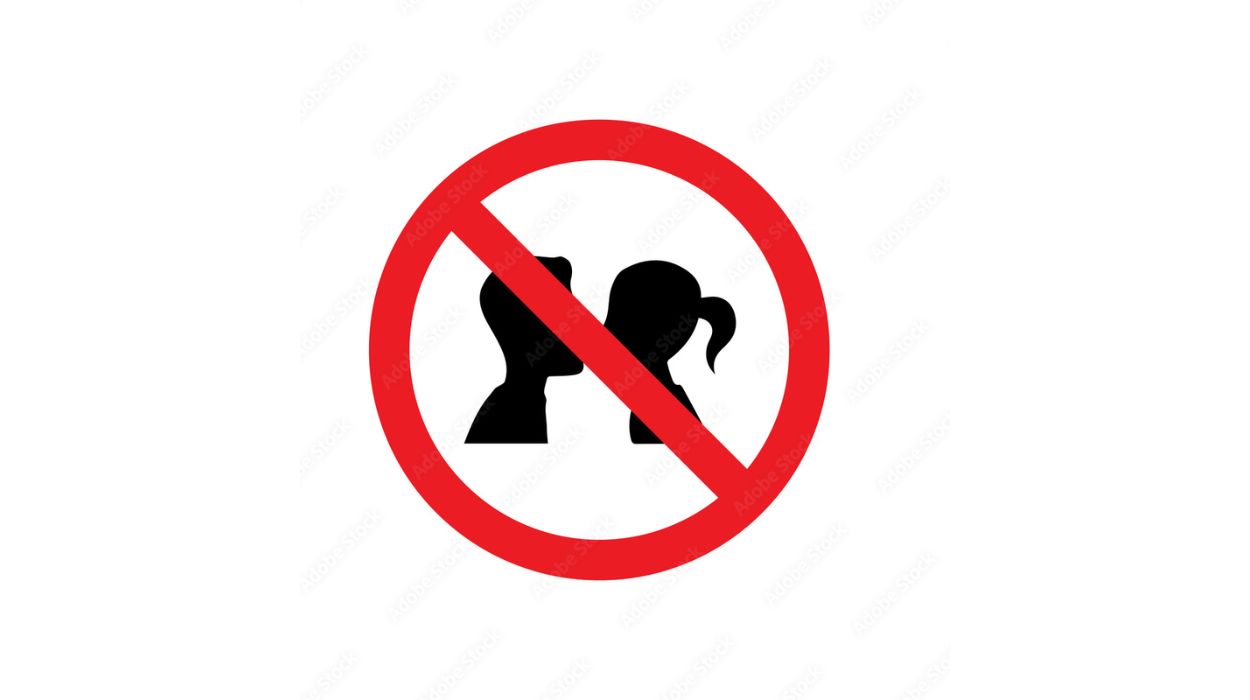
4. Relationship misjudgments
If your family or social circle is majorly conservative, excessive PDA might lead to judgments from others, with some viewing it as inappropriate or indicative of relationship insecurity. This can impact how a couple is perceived socially, potentially inviting unwarranted criticism or gossip.
5. Impact on professional image
Indulging in PDA in workplace settings or professional environments can create awkward situations, potentially affecting reputations or professional relationships. Maintaining decorum in such spaces is essential to uphold credibility and respect.

Dos And Don’ts Of Indulging In Public Display Of Affection With Your Partner
Whatever forms of affection you are interested in showing to your partner, it is best to practice a little caution. Of course, you have the right to show love to your partner in a public place, but a lot of times, it depends on where you’re at and what kind of affection you are indulging in. It is very easy to cross the line and completely anger someone by just making out in public, which you might consider a small thing. That’s why we bring to you some necessary dos and don’ts of being a PDA couple.
| Dos | Don’ts |
| 1. Be aware of how people are looking at you: Small acts of showing affection are fine. A small peck, holding of hands, or just hugging should all be all right. But if you are indulging in a full-blown make-out session, be aware of how others are reacting to it so that you don’t make anyone uncomfortable | 1. Make people you’re with feel like a third wheel: Third wheeling is no fun. If you’re going out with a group, for example, with friends, remember to act like a part of said group and don’t make them feel left out. Just because you’re a couple, it doesn’t mean you get to pick a corner of the club and forget about the other people that you have come with |
2. Be mindful of the location: ‘Where to show affection’ is just as important as knowing ‘how to show affection.’ A gathering or party with close friends might be okay, but right in the middle of the mall or in a sit-down restaurant? Consider how much is considered all right in a public place. Similarly, workplaces and academic institutions are not an ideal environment for PDA | 2. Groping each other: Hugging is one thing, and groping is another. A soft public show of affection is okay, hard-core ass-grabbing is not. Also, definitely do NOT have intercourse in public. |
| 3. Find other ways to show affection: While soft PDA is completely okay and we encourage it, it just isn’t appropriate in some places. In such cases, you can opt for endearing words or suggestive glances to show affection | 3. Interrupt conversations: If a group of friends is talking or spending time together, do not create a distraction and interrupt conversations with your PDA. Try to be mindful and respectful of other people. |
FAQs
1. What are some examples of PDA?
Kissing a partner, hugging them, holding their hand, making out with them, and in extreme cases, even outdoor sex is considered an example of PDA.
2. Is it okay to make out in public?
Making out is a little extreme when it comes to public displays of affection. It is beginning to get normalized in clubs and so, but it is still not good dating etiquette.
3. Is PDA illegal in the US?
Fines and arrests might be conducted in the US for extreme PDA. This is mostly if private parts are out and visible in public or there is a lot of indecent exposure.
4. Why do people make out in public?
Out of extreme affection but it also gives them a kick to do it in public and in a place where it feels exciting.
Key Pointers
- Is holding hands PDA? Yes, it’s one of the most accepted forms of public display of affection globally
- Understand what is public display of affection in different cultural contexts to avoid misunderstandings
- Public displays of affection should always be consensual and mindful of others
- Research if PDA is illegal in specific countries or regions before traveling
- Subtle PDA gestures often strike the right balance between affection and respect for public spaces
Final Thoughts
Here’s how to be affectionate in public: Give soft kisses, and nice, warm hugs and there is nothing wrong with holding hands when you go out. PDA is actually not a bad thing and can actually go a long way in strengthening a relationship but one must keep in mind where to draw the line. As long as you know your boundaries and are aware of how you should be conducting yourself, you will be good to go!
Lack Of Affection And Intimacy In A Relationship — 9 Ways It Affects You
Your contribution does not constitute a charitable donation. It will allow Bonobology to continue bringing you new and up-to-date information in our pursuit of helping anyone in the world to learn how to do anything.








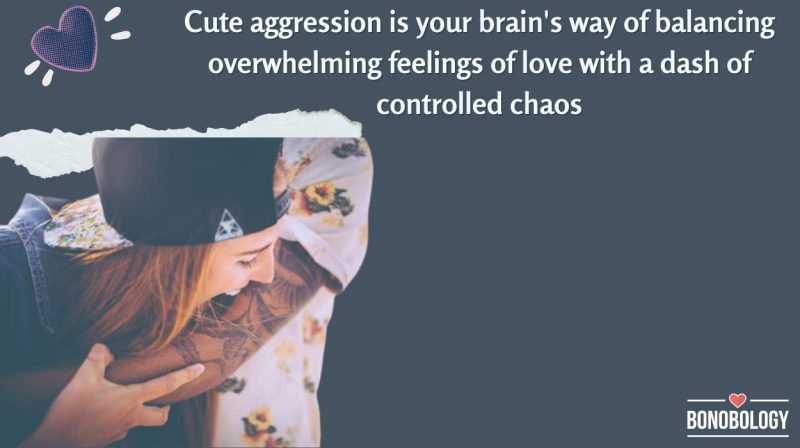






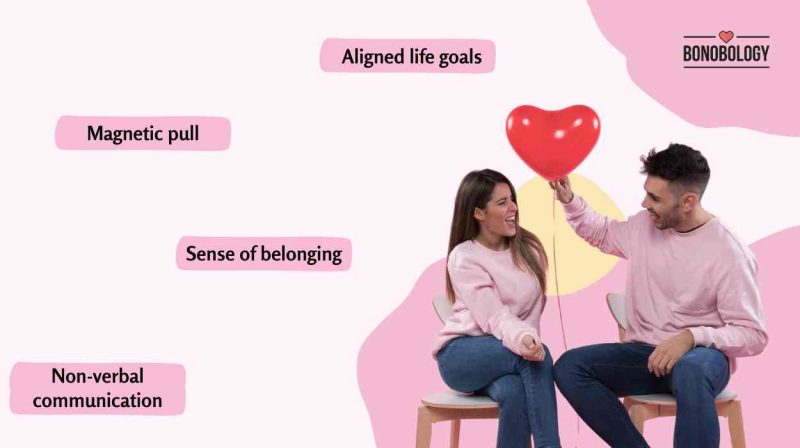

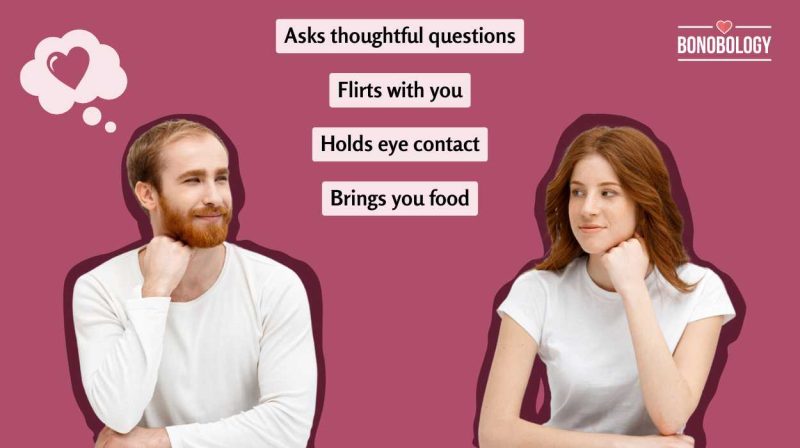



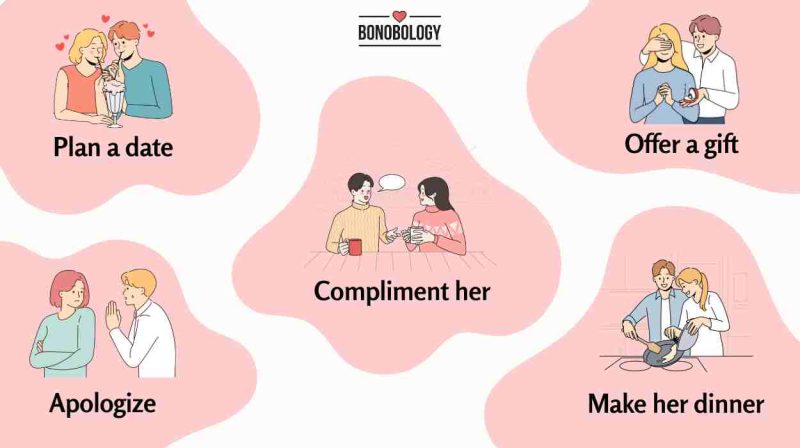
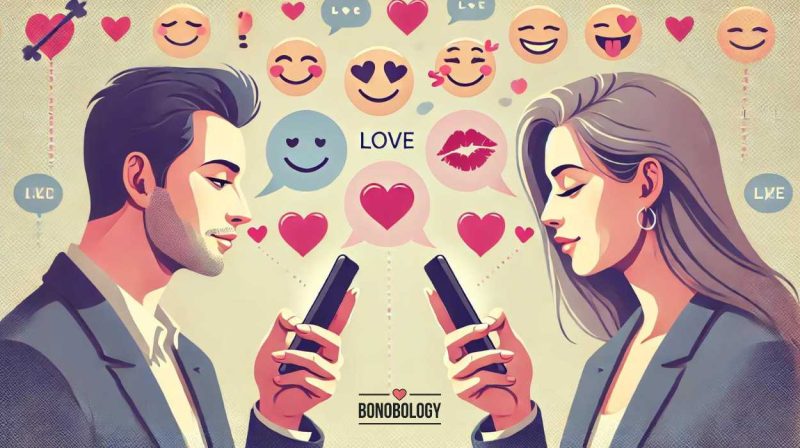
Light to moderate is fine by me in appropriate locations but I do not want to see anyone’s tongue or any sort of groping, it’s just something that I don’t like. A peck, a hug, holding hands is all good. Other stuff is just not for public consumption.